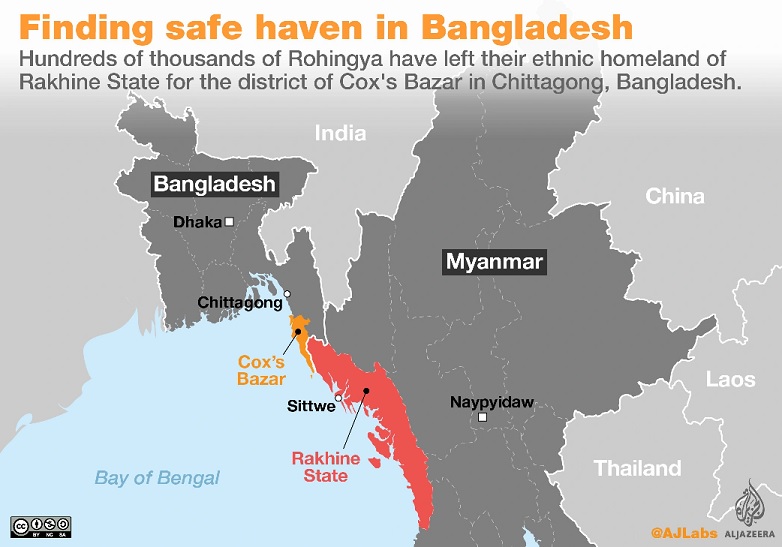900 319 0030
enquiry@shankarias.in
Five years after Bangladesh took in thousands of Rohingya driven out of Myanmar, the refugee population is exploding with serious security implications.

When China and Russia supported Myanmar on a UNGA resolution on human rights violations against the Rohingya in 2020, India abstained from the vote.
References